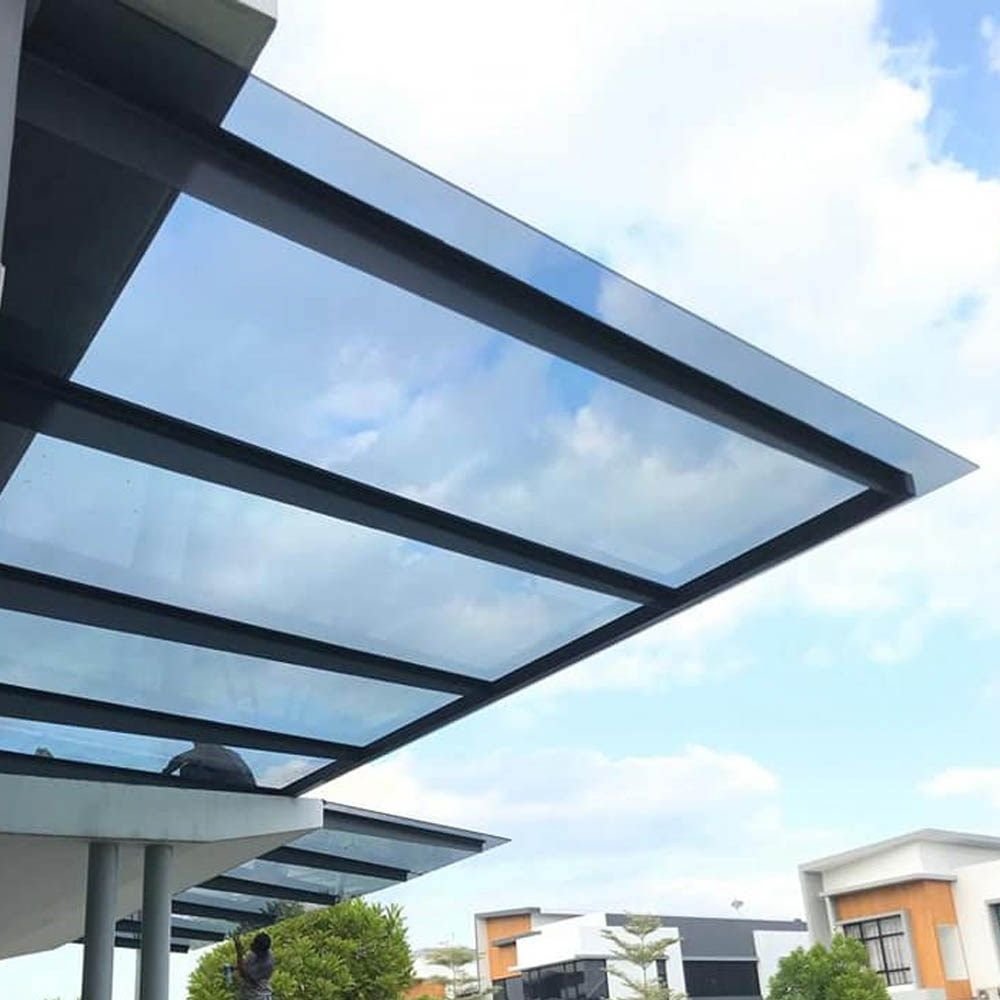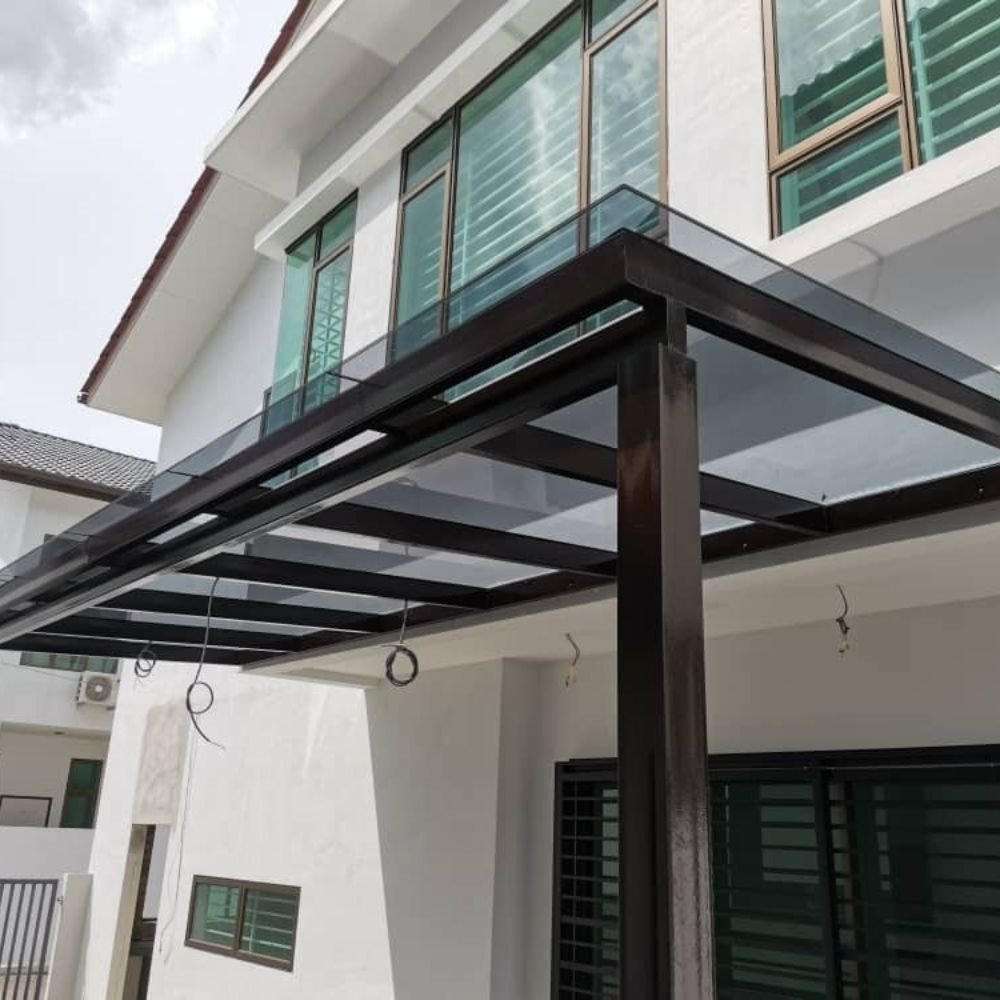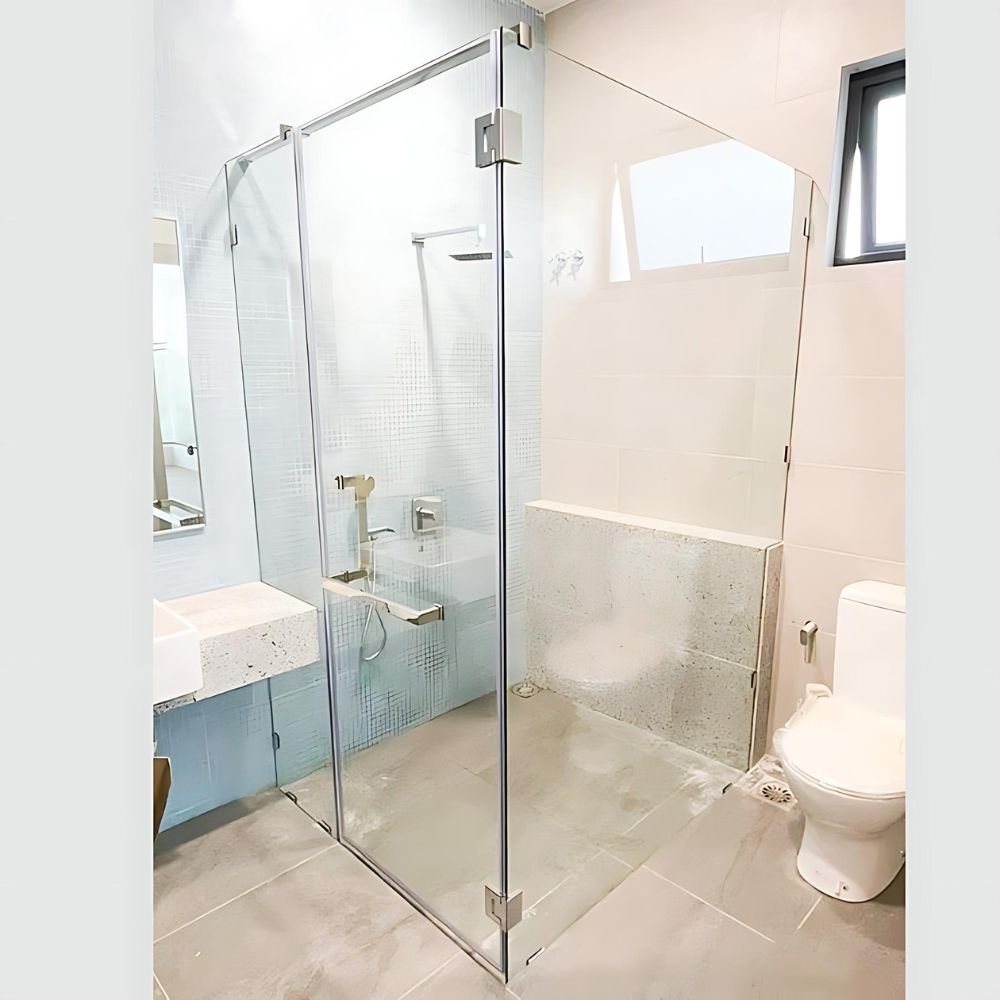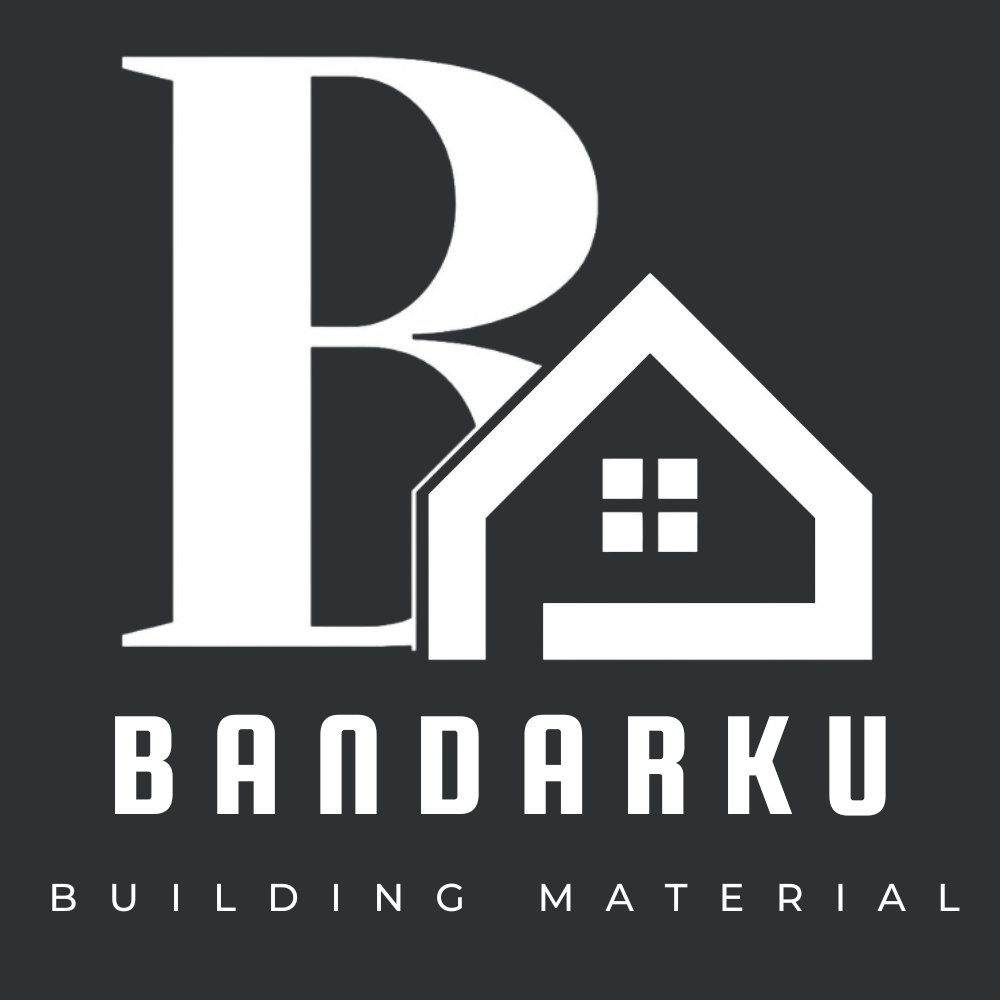


When it comes to construction and interior design, the type of glass you choose can make a significant difference in both functionality and aesthetics. Glass is more than just a transparent barrier; it offers various properties that can enhance safety, privacy, and energy efficiency. In this blog post, we’ll explore four common types of glass—tempered, laminated, tinted, and coated glass—detailing their uses, benefits, and why they might be the perfect choice for your next project.
1. Tempered Glass: Strength and Safety
What is Tempered Glass?
Tempered glass, also known as toughened glass, is heat-treated to increase its strength. It is approximately four to five times stronger than regular glass, making it an excellent choice for areas where safety and durability are paramount.
Key Benefits:
- Safety: When broken, tempered glass shatters into small, blunt pieces rather than sharp shards, reducing the risk of injury.
- Strength: Its enhanced durability makes it resistant to impact and thermal stress, making it ideal for doors, windows, shower enclosures, and commercial storefronts.
- Versatility: Tempered glass is available in various thicknesses and sizes and can be used in both residential and commercial settings.
2. Laminated Glass: Security and Soundproofing
What is Laminated Glass?
Laminated glass is created by sandwiching a layer of plastic (usually polyvinyl butyral or PVB) between two or more layers of glass. This design not only strengthens the glass but also holds it together if broken.
Key Benefits:
- Security: The interlayer of plastic makes laminated glass difficult to break, providing an added layer of security. Even if it cracks, the glass remains intact, making it a popular choice for skylights, car windshields, and safety windows.
- Soundproofing: Laminated glass effectively reduces noise, making it an excellent option for offices, hotels, and homes located in noisy areas.
- UV Protection: It can block up to 99% of harmful UV rays, protecting interiors from fading and damage.
3. Tinted Glass: Privacy and Energy Efficiency
What is Tinted Glass?
Tinted glass is made by adding colour to the glass during the manufacturing process. The tint can range from light to dark, depending on the desired level of privacy and sunlight control.
Key Benefits:
- Privacy: Tinted glass reduces visibility from the outside while still allowing light to pass through, making it ideal for office windows, car windows, and residential spaces.
- Energy Efficiency: By reducing the amount of sunlight that enters a building, tinted glass can help lower cooling costs and improve energy efficiency.
- Aesthetic Appeal: Available in various colors and shades, tinted glass can enhance a building’s exterior appearance.
4. Coated Glass: Enhancing Performance
What is Coated Glass?
Coated glass is treated with special coatings that can modify its properties, such as enhancing energy efficiency, reducing glare, or increasing reflectivity. There are various types of coatings, including low-emissivity (Low-E) coatings and reflective coatings.
Key Benefits:
- Energy Efficiency: Low-E-coated glass improves thermal insulation by reflecting heat into the room during winter and keeping heat out during summer, reducing energy costs.
- Glare Reduction: Coated glass can reduce glare, making it a great option for windows in areas with strong sunlight.
- UV Protection: Like laminated glass, coated glass can block harmful UV rays, protecting furniture and flooring from fading.
How to Choose the Right Glass for Your Project
When selecting glass for your project, consider the following factors:
- Purpose: Determine whether you need glass for safety, security, privacy, or aesthetic appeal.
- Location: Consider the environment where the glass will be installed, such as exterior windows, interior partitions, or high-traffic areas.
- Budget: Different types of glass come at different price points, so choose one that fits within your budget while meeting your needs.
Conclusion
Understanding the different types of glass—tempered, laminated, tinted, and coated—can help you make an informed decision for your next construction or renovation project. Each type offers unique benefits, from enhanced safety and security to improved energy efficiency and aesthetic appeal. By choosing the right glass, you can ensure that your space is not only beautiful but also functional and secure.
For more expert advice on selecting the right materials for your projects, stay connected with our blog!

